Bachera Aktar
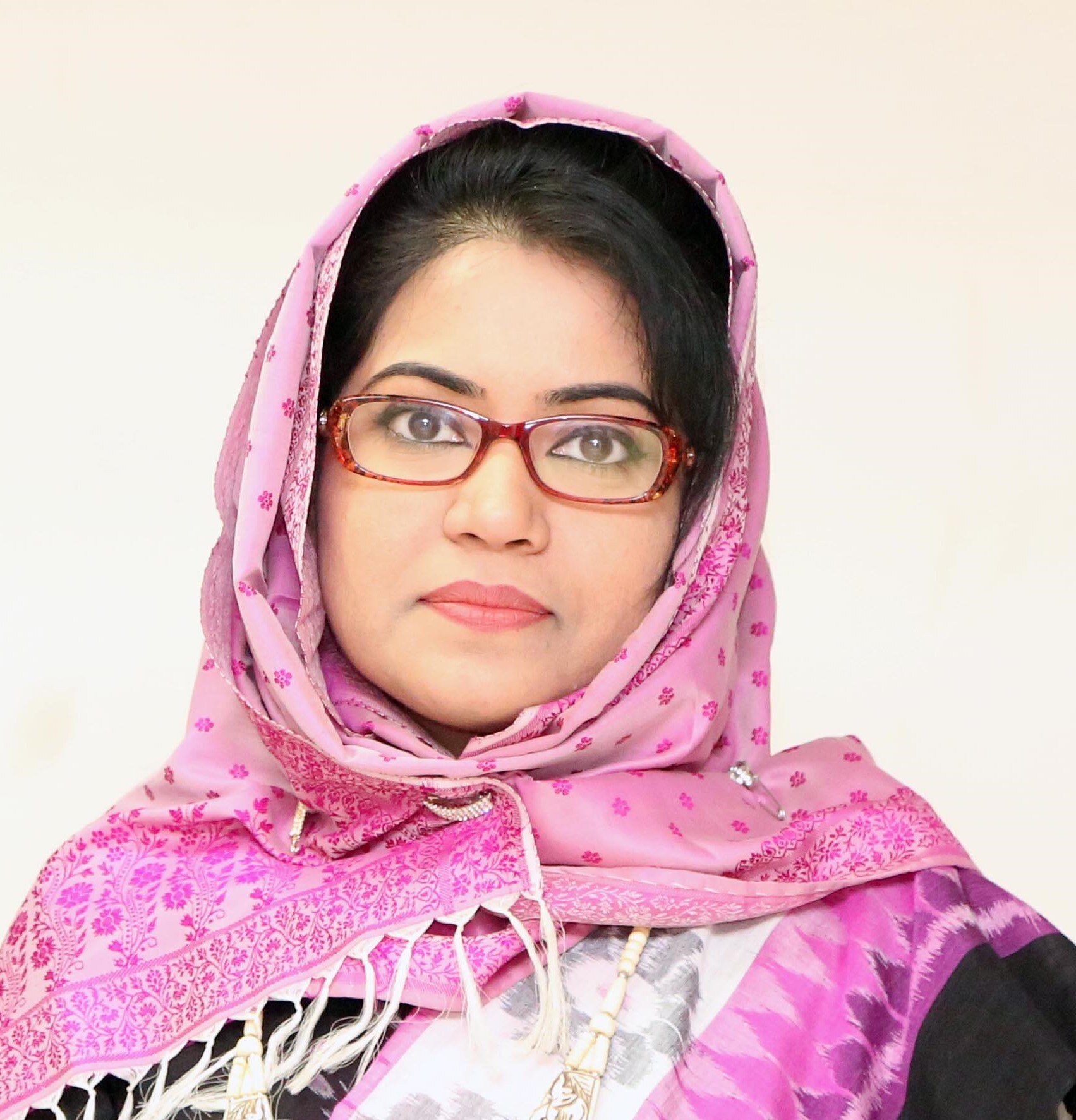
Bachera Aktar is an experienced health systems researcher and Deputy Director at the Center of Excellence for Gender, Sexual, and Reproductive Health and Rights at BRAC James P Grant School of Public Health (JPGSPH) in Bangladesh. She is also a Faculty member of the Master of Public Health (MPH) program at BRAC JPGSPH and is pursuing her doctoral degree at the International Public Health Department of Liverpool School of Tropical Medicine, UK.
Dr Charles Ameh
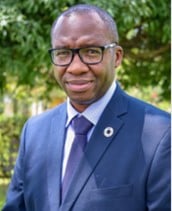
Dr Charles Ameh is a Professor in Global Health, co-Director WHO Collaborating Centre for Research and Training in MNH, and Head International Public Health Department, Liverpool School of Tropical Medicine. He is an obstetrician, applied global health and implementation science researcher. He heads the Emergency Obstetric Care and Quality of Care unit, International Public Health department at the LSTM. He is the LSTM Executive sponsor for Race Equity Action Plan.
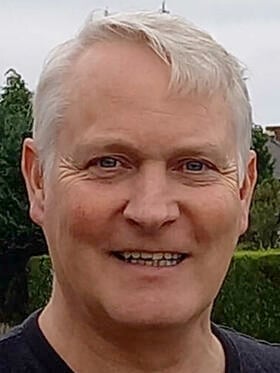
Professor Ball's research interests focus on host immunity, predominantly antibody responses, to viral infection. This includes the isolation and clinical development of therapeutic monoclonal antibodies from humans following vaccination and natural infection, and more recently, generation of chimeric or fully humanised bovine monoclonals as potential broad-acting therapeutics for current and future emerging virus infections such as SARS-CoV, Ebola and Lassa.
Loveleen Bansi-Matharu

Loveleen is a mathematical modeller based at UCL who has been developing the HIV Synthesis model to answer key policy questions around HIV in Africa for over 10 years. Working with key global partners including WHO and PEPFAR, and local partners such as CeSSHAR, she has led modelling collaborations on PrEP interventions, voluntary medical male circumcision and interventions for female sex workers.
Dr Sushil Baral
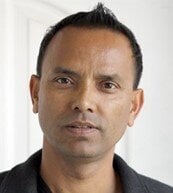
Dr Baral, is the founding chair of the two research and development institutions - HERD Nepal and HERD International, he has made significant contributions to national and global health systems and policies. Dr. Baral's professional journey reflects by a commitment to generating knowledge - influencing policy and practices – contributing improved health and wellbeing of people, through research excellence, innovative problem-solving, and contributions to improving health systems and policies, especially in fragile and shock prone settings in low- and middle-income countries.
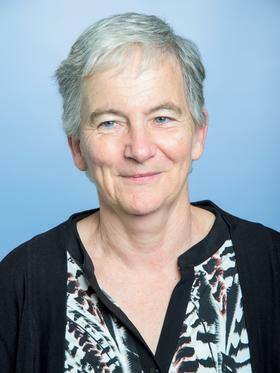
Imelda has established an expanding and vibrant Centre for Capacity Research which is at the forefront of research into how to design, measure and evaluate programmes to strengthen research capacity and laboratory systems in LMICs. She also has a research focus on anaemia and blood transfusion systems in LMICs particularly on evidence to improve the supply and use of blood for transfusion.
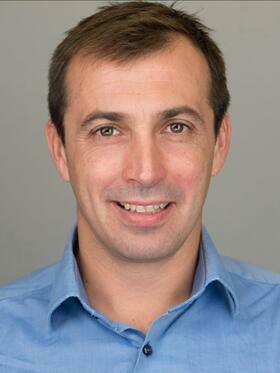
Professor Giancarlo Biagini is the Dean of Research & Innovation at LSTM. His extensive involvement in the drug development process spans from high-throughput screening campaigns to candidate selection. He has pioneered innovative platforms, such as image-based pharmacodynamic host-pathogen cellular and infection-organoid systems, to advance pre-clinical drug candidates for malaria, tuberculosis, and antiviral solutions.
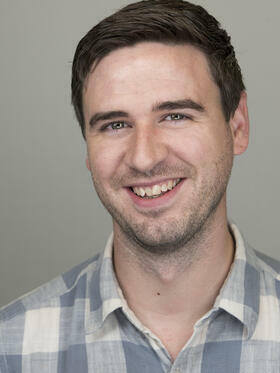
Nick Casewell is Professor of Tropical Disease Biology and Director of the Centre for Snakebite Research & Interventions (CSRI) at the Liverpool School of Tropical Medicine (LSTM), UK. His research has focused on characterising snake venom composition, elucidating the processes that generate venom variation and identifying the consequences of said variation on the efficacy of snakebite therapies.
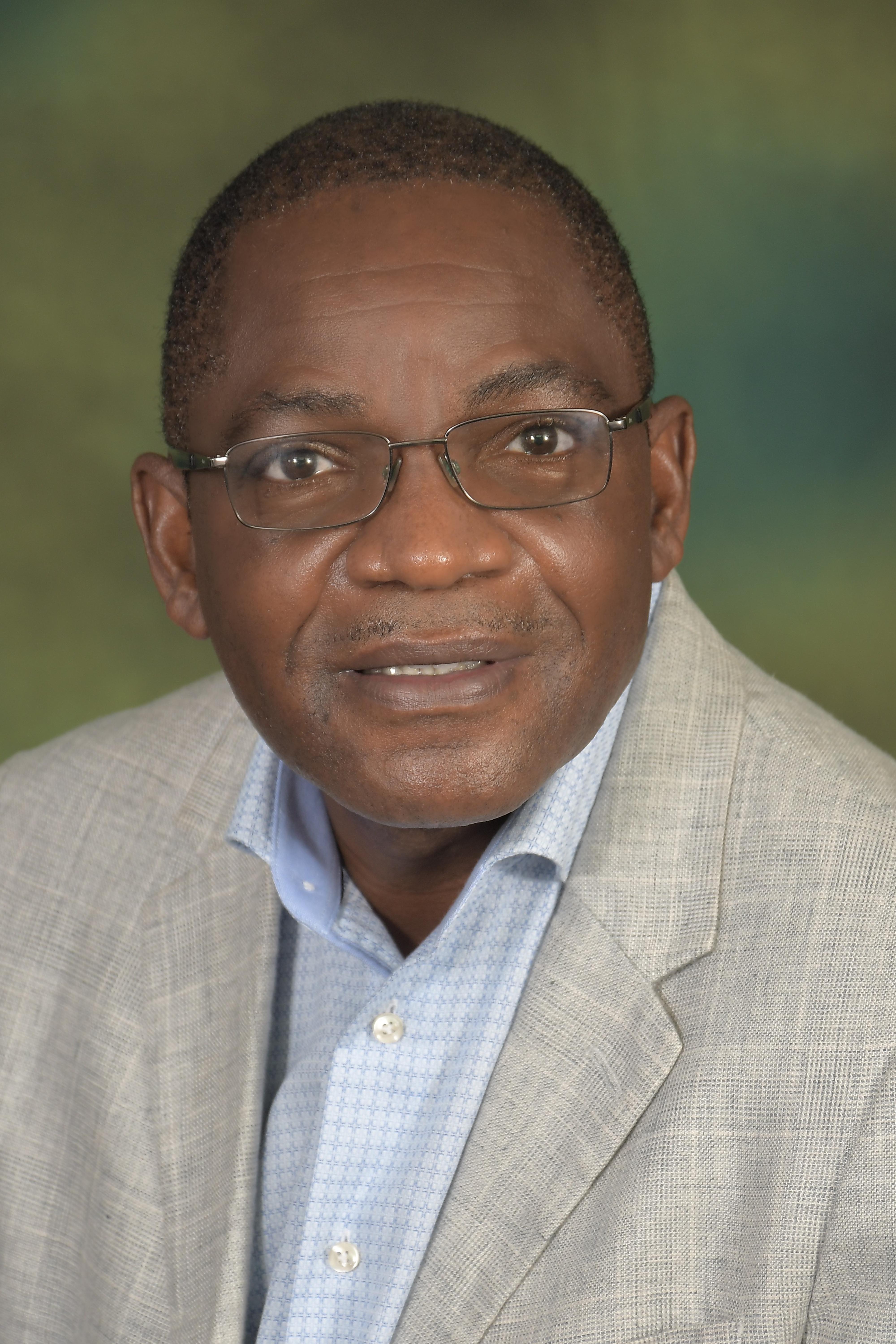
Jeremiah Chakaya, a graduate of the University of Nairobi, is a qualified medical doctor and a practicing internal medicine specialist and pulmonologist from Kenya. He previously worked with the Kenya Medical Research Institute where he was a Director at the Centre for Respiratory Diseases Research and also managed the national TB control program in Kenya. He is the immediate past president of the IUATLD ( the Union).
Augustine Choko
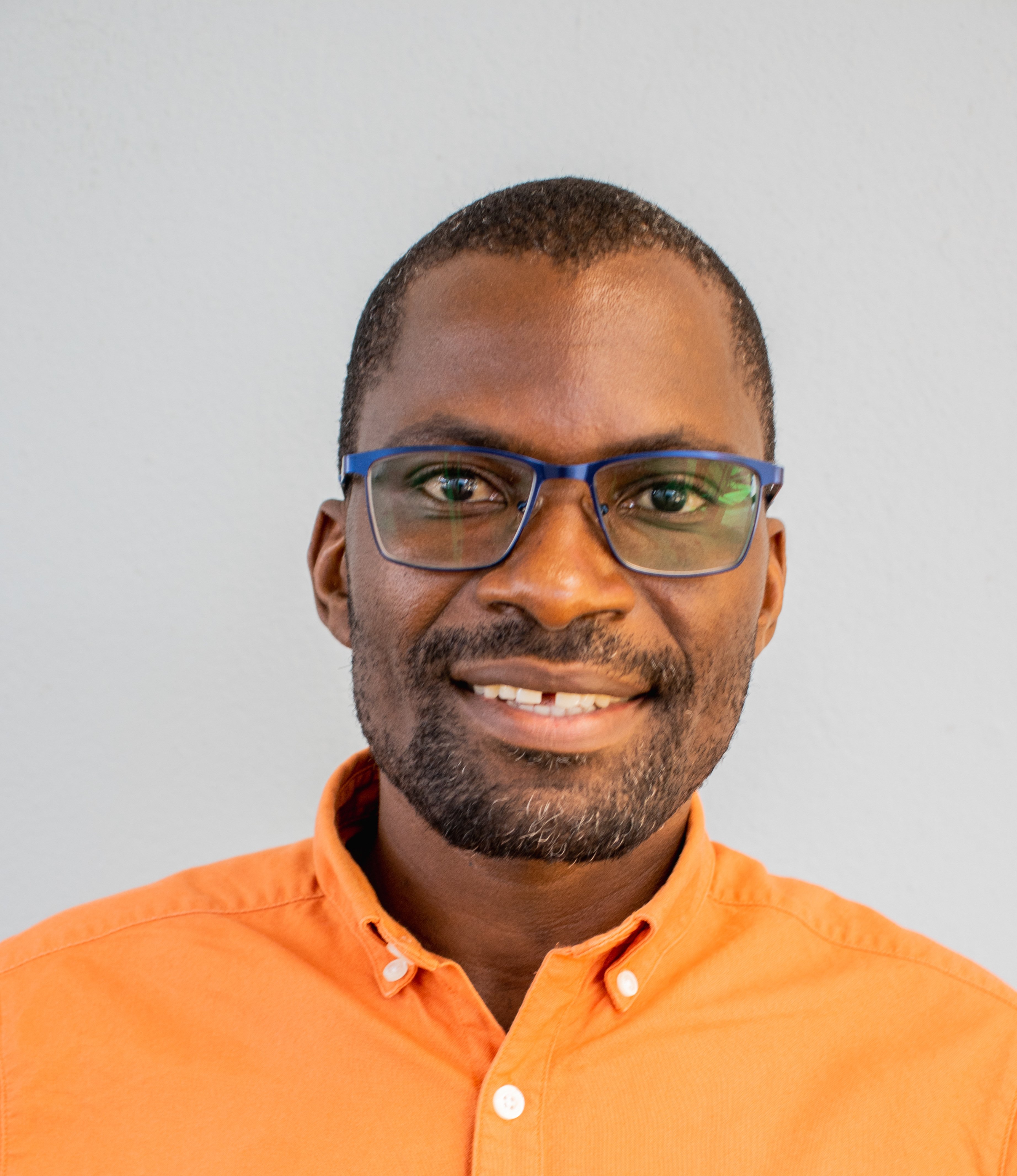
Augustine Choko (PhD) is a Public Health Epidemiologist and a Wellcome Trust & NIHR International Intermediate Fellow based at Malawi Liverpool Wellcome Trust Clinical Research Programme. Augustine is one of the pioneers of population-based HIV self-testing in Malawi and globally. His work involves identifying, refining, and testing interventions for improving outcomes along the HIV continuum of care.

Shahreen Chowdhury is a research associate within the MIND group at the Liverpool School of Tropical Medicine. She works on implementation research on Neglected Tropical Diseases, mental health and disability in West Africa and South Asia with a focus on co-production, implementing and evaluating case management and psychosocial support systems.
Dr Lauren Cohee
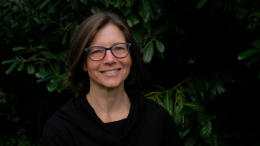
Dr. Cohee is a pediatric infectious disease specialist, with primary research interests in malaria and global child health. Her current research focuses on identifying reservoirs of malaria transmission and defining and addressing the burden of malaria in school-age children. As the malaria focal point for the Research Consortium for School Health and Nutrition, she is an advocate for integrated school health programs to improve learning and increase human capital in sub-Saharan Africa
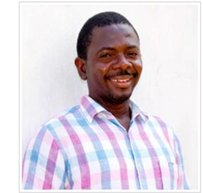
Abu is a PhD candidate at the Liverpool School of Tropical Medicine (LSTM), Senior Researcher and Head of the Urban Health Cluster at the Sierra Leone Urban Research Centre. He works on multiple health research projects focusing on health and wellbeing, health and climate change, gender and intersectionality with UK partners including the Liverpool School of Tropical Medicine (LSTM), Institute of Development Studies (IDS) and the London School of Hygiene and Tropical Medicine (LSHTM).
Professor Liz Corbett
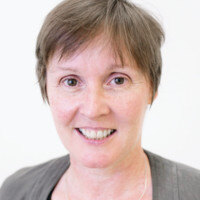
Professor Liz Corbett is a Clinical Epidemiologist with LSHTM and has lived in Africa (South Africa, Zimbabwe and Malawi) with Wellcome Trust funding from 1996 to 2020, before relocating back to UK. Her special interest is in diagnostic intervention strategies for HIV and TB and she has 2 active TB/HIV Public Health Research Groups in Malawi (leads, Choko and Nliwasa).
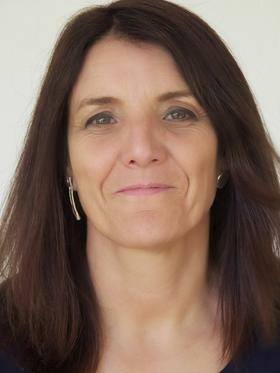
Frances joined LSTM on August 1st 2016. Previously a Professor of International Sexual Health and HIV at University College London she has lived and worked full time in Zimbabwe since 1999. Frances has also worked across Southern Africa and in India. In 2012, she founded the Centre for Sexual Health and HIV AIDS Research CeSHHAR Zimbabwe and was Executive Director for 10 years.
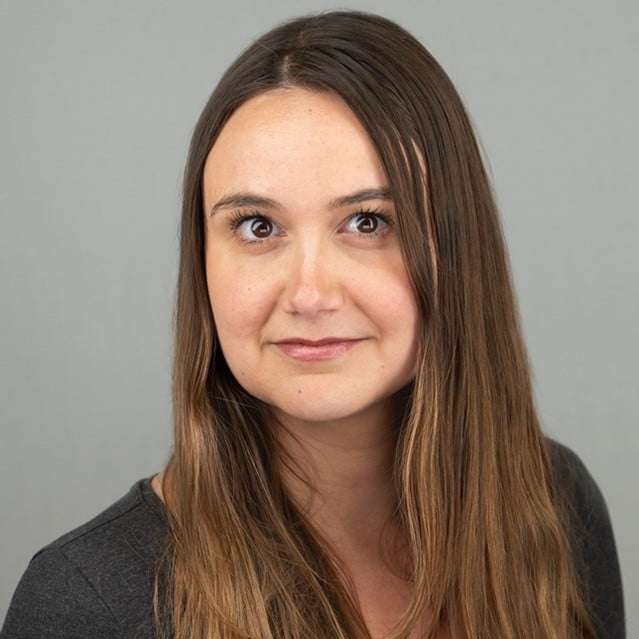
Ana is a Lecturer on Diagnostics of Infectious Diseases and her area of expertise is on diagnostics development and evaluation of emerging diseases with a focus on priority diseases such as SARS-CoV-2 and Crimean-Congo Haemorrhagic Fever (CCHF). She works on several projects at varying translational levels to improve diagnostics at the point-of-care for a broad range of infectious diseases.
Laura Dean
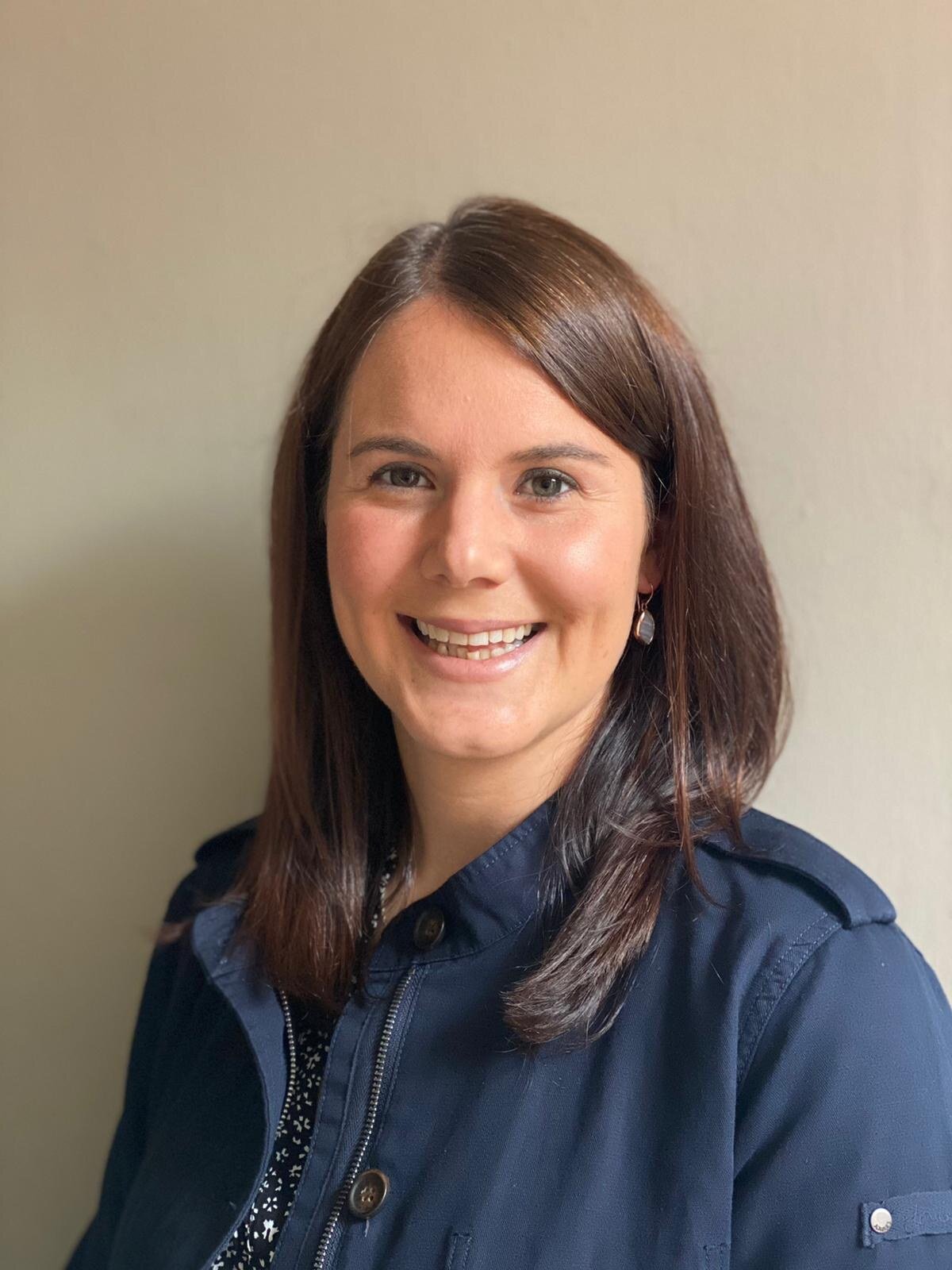
Laura is currently Reader in Social Science and Global Health at the Liverpool School of Tropical Medicine and leads the Social Science and Chronic Disease Research Unit. Laura’s training is in the social sciences and her research utilises qualitative, narrative, and participatory research methodologies to support the strengthening of people-centred health systems for chronic disease management, disability inclusion and the integration of mental health services.
Dr Cristina Donini
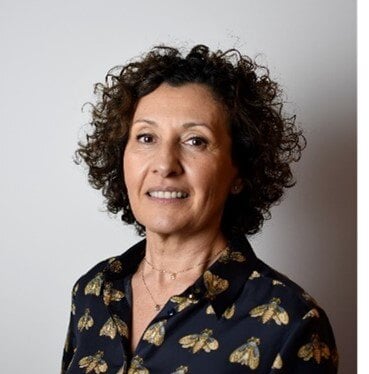
Dr Cristina Donini leads the Research, Early Development and Modeling department at MMV since January 2024. She has over 22 years of experience at the international level within the R&D pharmaceutical industry, and the non for profit organizations. She started her career at GSK in Verona, working in Product Development department. Moved to a Biotech, Serono, based in Geneva, in 2005, which subsequently became Merck Serono, where she built and led the group of Preformulation, and Analytical Chemistry, with a global role.
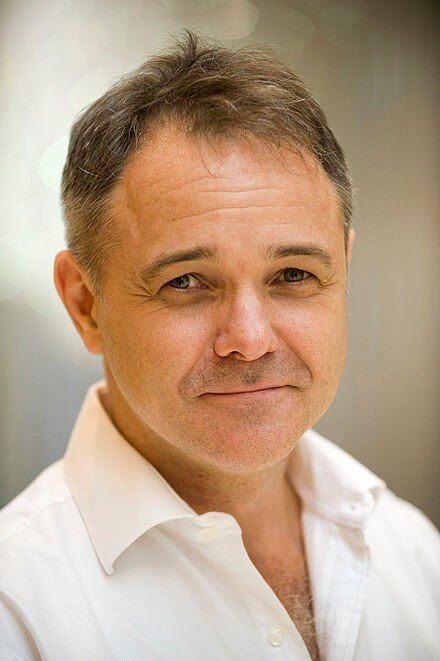
As Chief Scientist, Jeremy Farrar oversees the work of the Science Division, to guide, develop and deliver high quality health policies and services to the people who need them most.
Prior to joining WHO, Dr Farrar was Director of the Wellcome Trust. Before joining Wellcome, Dr Farrar spent over 17 years as Director of the Clinical Research Unit at the Hospital for Tropical Diseases in Ho Chi Minh City in Viet Nam.
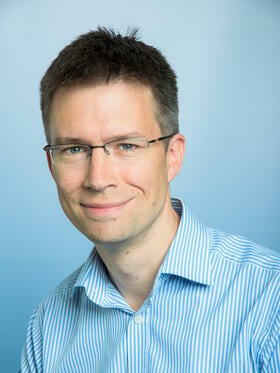
Nicholas Feasey is an Infectious Diseases physician and Professor of Clinical Microbiology at the Liverpool School of Tropical Medicine and an NIHR professor of global health. His research is focused on the surveillance and management of antimicrobial resistant bacterial infection, and taking a one health approach to exploring the transmission of enteric pathogens associated with invasive disease.
Sian Freer
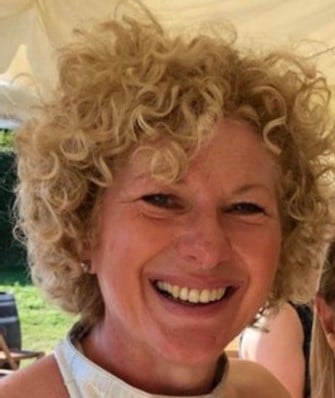
Sian has worked in academia and research for over 30 years, managing clinical and scientific research as well as implementation programmes. As Chief Operating Officer of the Centre for Neglected Tropical Disease (CNTD) at LSTM, she managed the delivery of the DFID funded LF Elimination programme (2012-2019) and LSTM’s activities within the FCDO funded Ascend- West consortium (2019-2022), covering delivery of mass drug administration programmes, monitoring and evaluation, operational research and capacity development in Africa and South Asia.
Dr Surekha Garimella
-1.jpg)
Dr. Surekha Garimella is a Program Head of Sustainable Health at The George Institute For Global Health in India. Surekha possesses an inter-disciplinary background with a Bachelor's degree in Nutrition, a Master of Science in Nutrition & Food science, a Master of Philosophy in Applied economics, and a PhD in Public Health, Gender and Work.
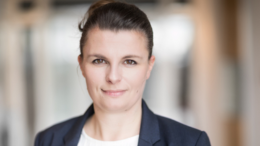
Formerly an Associate Professor at Charité - Universitaetsmedizin Berlin, Christine Goffinet was appointed Chair in Virology at the Liverpool School of Tropical Medicine (LSTM) in September 2023. Her team’ s research interests focus on cell-intrinsic innate immunity to HIV-1 in the context of acute infection and latency reversal with implications for HIV-1 cure. Using virus-inclusive single cell RNA-sequencing and functional assays, her team explores virus-host interplay and evasion strategies exerted by additional human pathogenic viruses, including SARS-CoV-2, arthritogenic alphaviruses and MPXV.

Founding Director of iiCON and Professor of Tropical Medicine at LSTM, Professor Hemingway was appointed the Director of LSTM in 2001 and stepped down in 2019 having overseen a period of exceptional growth of the organisation. This included the awarding of Higher Education Institution Status & Degree Awarding powers to LSTM. She was awarded the Commander of the British Empire (CBE) for services to the Control of Tropical Disease Vectors 2012.
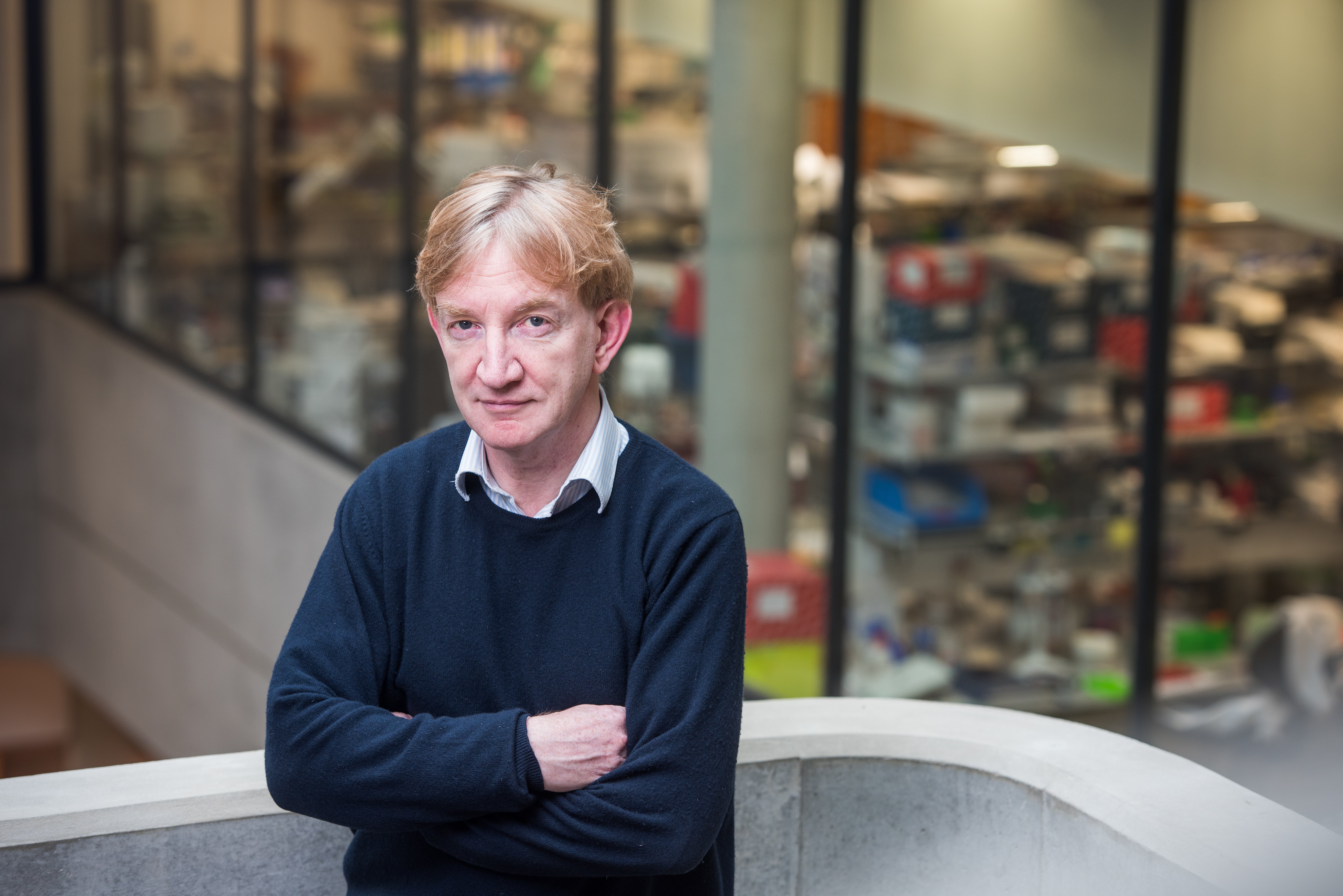
Professor Sir Adrian Hill is the Director and Founder of the Jenner Institute and Mittal Professor of Vaccinology at Oxford University. In 2014 his group led the first clinical trial of an Ebola virus vaccine targeting the outbreak in West Africa. In partnership with the Serum Institute of India and AstraZeneca the Jenner Institute developed the ChAdOx1 vector-based SARS-CoV-2 vaccine which saved an estimated 6.2 million lives in 2021 alone. His lab has designed a new malaria vaccine, R21/Matrix-MTM, which has recently obtained WHO prequalification. He is a fellow of the Royal Society and a Knight Commander of the Order of the British Empire (KBE).
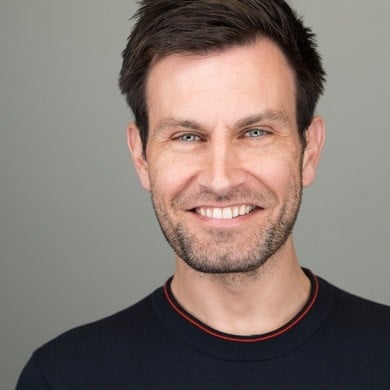
Dr Andrew Hope is a Senior Programme Manager at Liverpool School of Tropical Medicine, he has over 15 years’ experience in vector control implementation and research working on a range of vectors of human and veterinary pathogens. Andrew is the principal investigator for LSTM on the Trypa-NO! and TrypElim projects which support national programmes to implement vector control for Gambian human African trypanosomiasis (gHAT) using Tiny Targets as part of integrated programmes along with screening and treatment to drive towards gHAT elimination.
Professor Peter Hotez
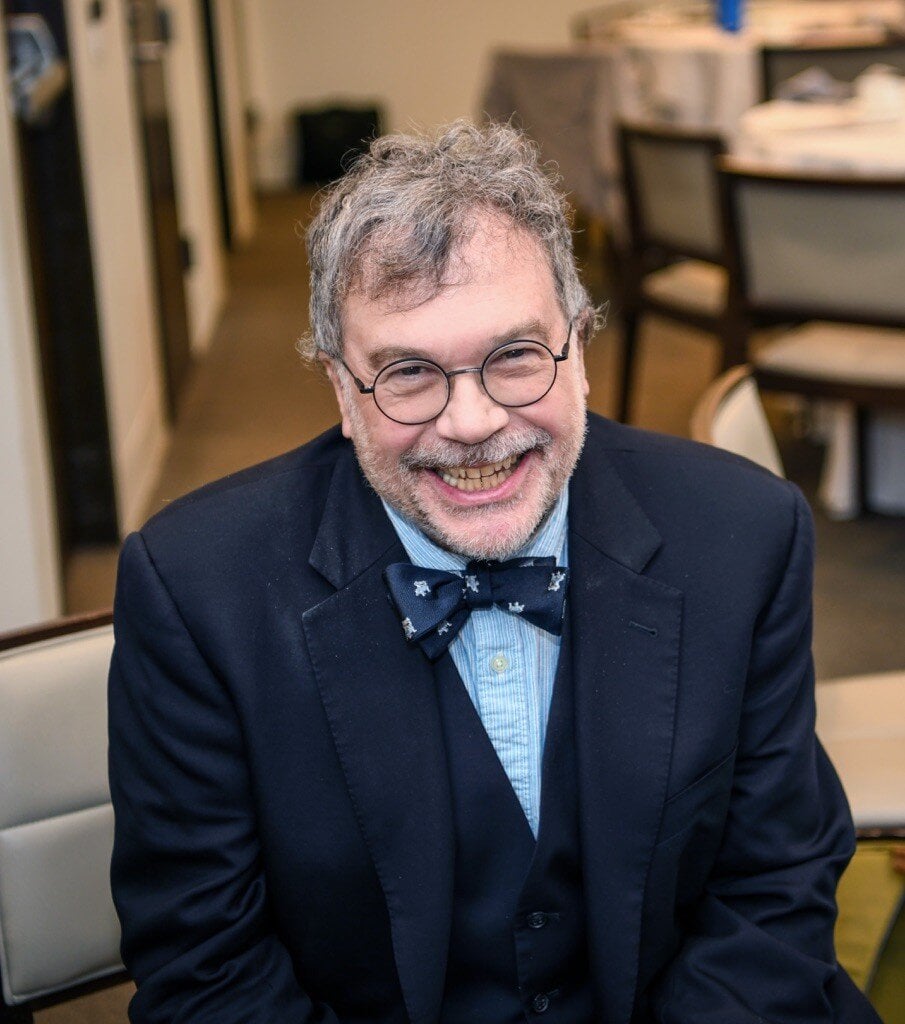
Professor Hotez MD PhD FASTMH FAAP is a professor of paediatrics and molecular virology & microbiology and dean of the National School of Tropical Medicine at Baylor College of Medicine where he is also co-director of the Texas Children’s Hospital Centre for Vaccine Development. He is a paediatrician and vaccine scientist who develops new vaccines for neglected tropical diseases including hookworm anaemia, schistosomiasis, and Chagas’ disease, and a low-cost, patent-free recombinant protein Covid vaccine technology leading to Corbevax in India and IndoVac in Indonesia that reached 100 million people during the pandemic.
Dr Grant Hughes
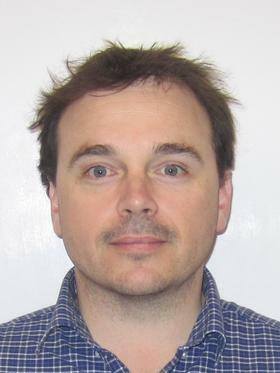
Grant’s PhD research at The University of Queensland focused on developing a symbiotic control strategy of an agricultural disease caused by a viral pathogen transmitted by Planthoppers. Grant joined the Departments of Vector Biology and Tropical Disease Biology at LSTM in 2018 where his group works on arboviruses and microbes of mosquitoes
Dr Kondwani Jambo
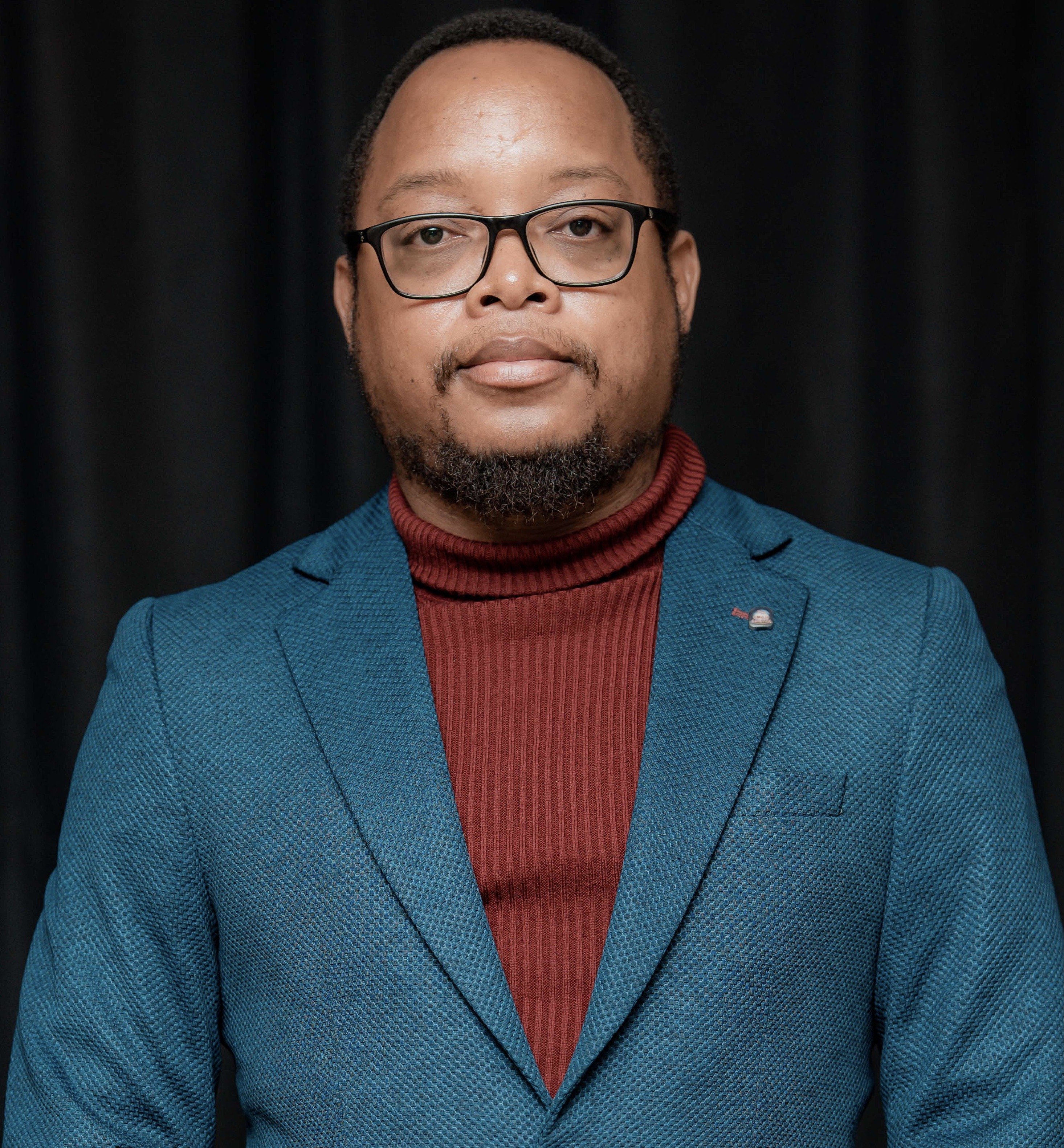
Kondwani Charles Jambo is a Reader in Immunology and Infection at the Liverpool School of Tropical Medicine. He is currently based in Blantyre, Malawi, at the Malawi-Liverpool-Wellcome Research Programme (MLW). There, he leads a research group and co-leads the Clinical and Experimental Medicine Theme. His current research focuses on human mucosal and tissue immunology, particulary understanding immunity against viral (HIV and SARS-CoV-2) and bacterial (Streptococcus pneumoniae, Mycobacterium tuberculosis) infections in the respiratory, gastrointestinal, and reproductive tract.
Dr Helen Jamet
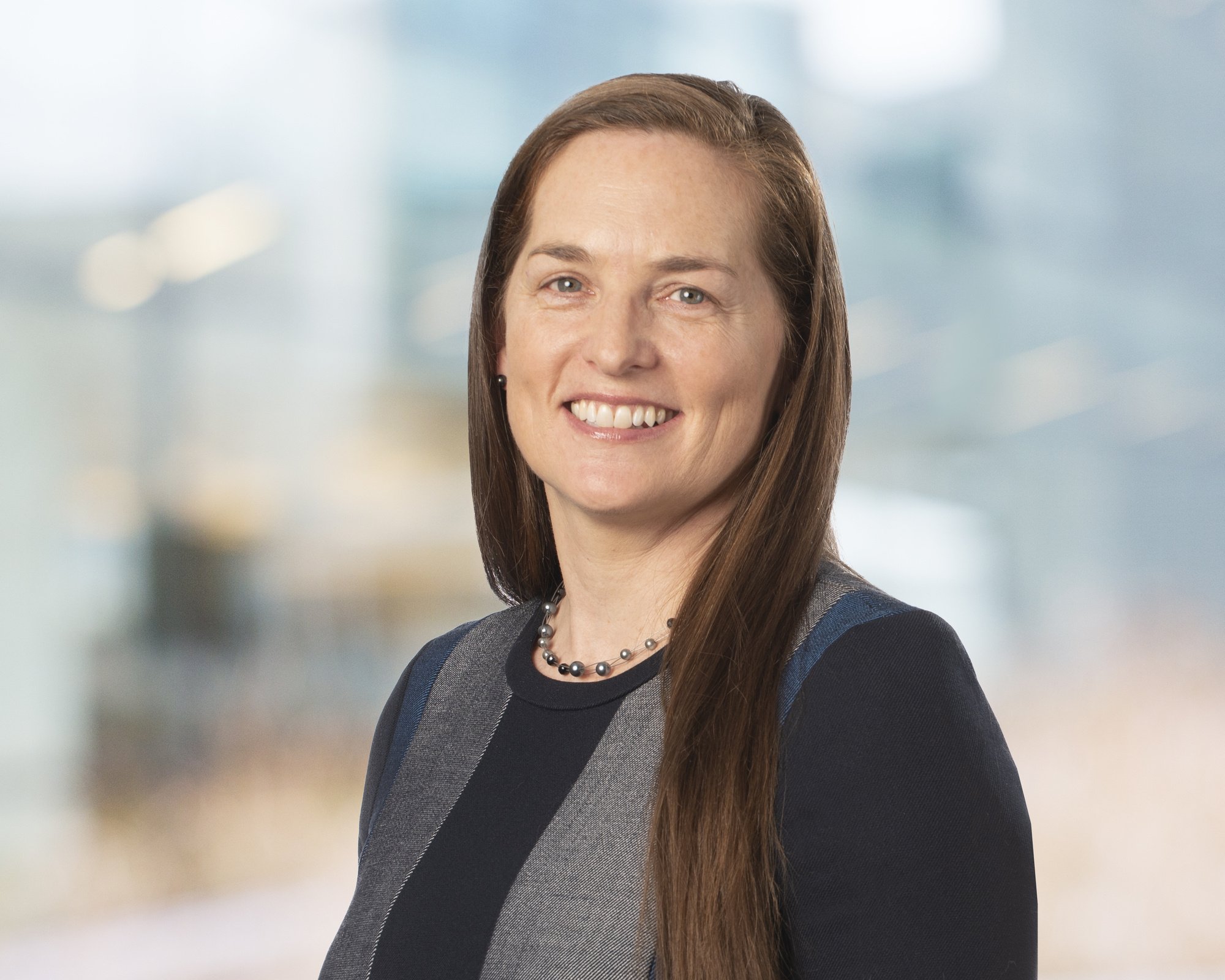
Helen Jamet has more than 25 years of experience in malaria prevention, research and vector control product development. Helen joined the Foundation in November 2018 after nearly 12 years in the Private Sector, where she held the role of Global Head of Research & Market Access. Helen is the Deputy Director, Vector Control in the Malaria Program Strategy team at the Bill & Melinda Gates Foundation.
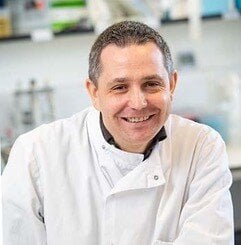
Alain joined LSTM in 2023 from the MRC-University of Glasgow Centre for Virus Research (CVR), where he was Professor of Arbovirology and MRC Programme Leader. He has worked on arboviruses since his doctoral studies at the Institut Pasteur/University Paris 7 (Paris, France), and his research focuses on arboviruses, specifically on virus replication and interactions with host responses in arthropod vectors and vector cells.
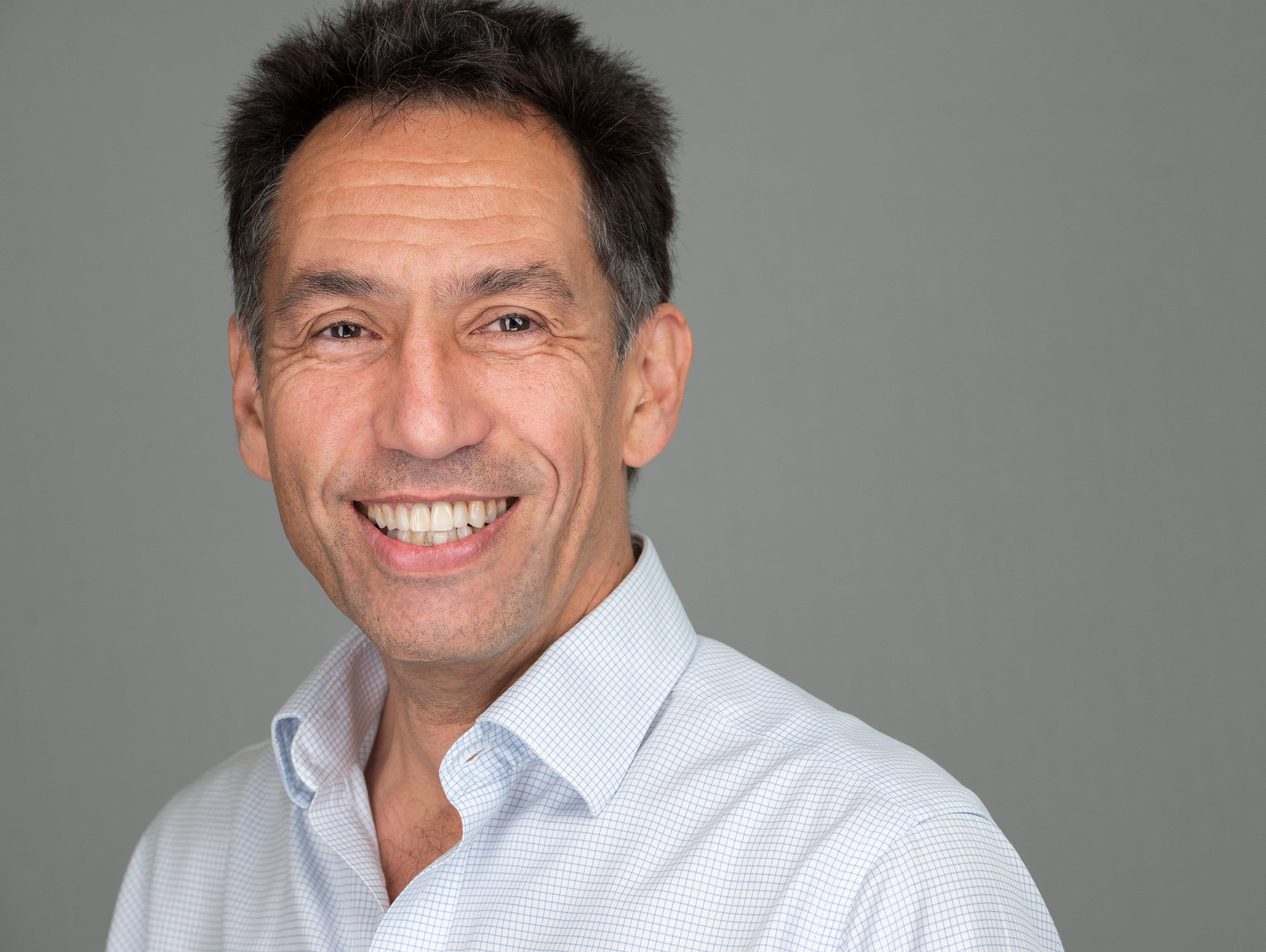
About: Professor David Lalloo is LSTM's Director and is Chair of the Wellcome Trust/MRC/DfID/DH Global Clinical Trials Panel. Prior to taking up the Directorship of LSTM in January 2019, David was Dean of Clinical Sciences and International Public Health and was Director of the Wellcome Trust Liverpool Glasgow Centre for Global Health Research and the Liverpool Wellcome Trust Clinical PhD Programme.
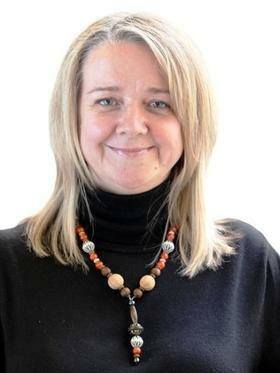
Dame Tina is Professor of Maternal and Newborn Health and Director of the Centre for Childbirth, Women’s and Newborn Health at the Liverpool School of Tropical Medicine. She leads a programme of research, focusing on improving maternal and newborn outcomes and developing research capacity.
Dr Jennifer Lord
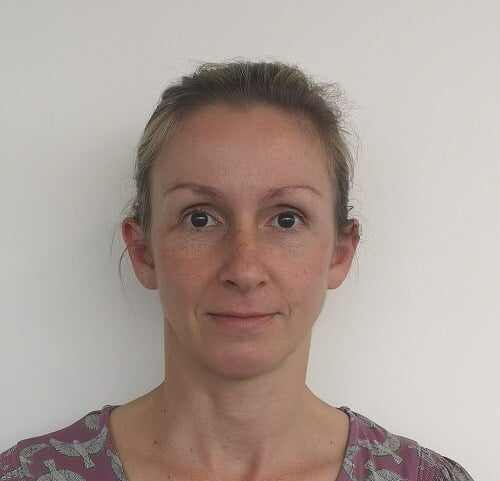
Dr Fortunate Machingura
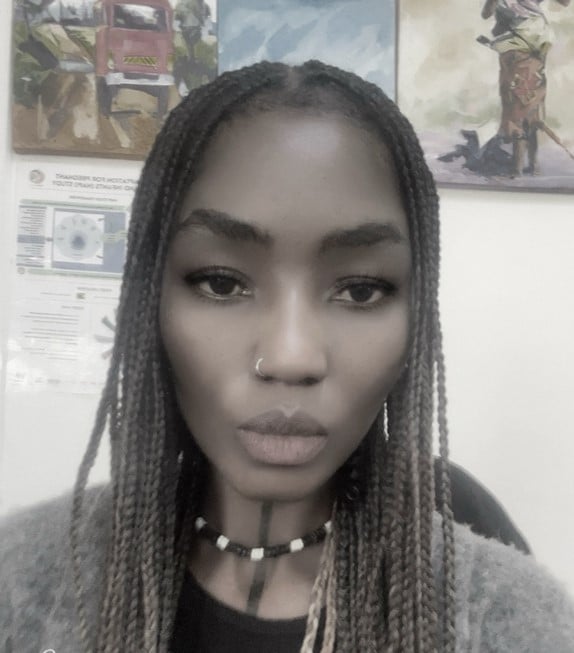
Fortunate Machingura, PhD, is a social anthropologist with research interests in climate health and policy. She is also a Lecturer in the Department of International Public Health at the Liverpool School of Tropical Medicine. She leads the Climate, Environment, and Health Department at the Centre for Sexual Health and HIV AIDS Research (CeSHHAR) in Zimbabwe. Her work investigates climate change adaptation and resilience strategies, emphasising the health impacts on pregnant and postpartum women and their newborns in rural Africa.
Dr Bintu Mansaray
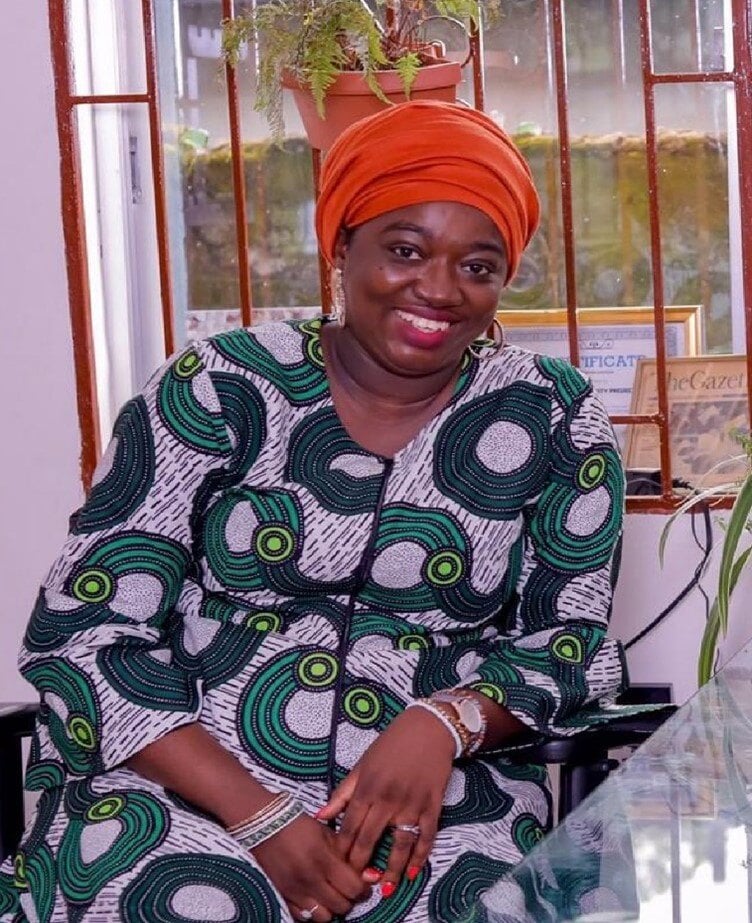
Dr Bintu Mansaray is a Sierra Leonean medical doctor, social science researcher, and public health specialist. Dr. Mansaray holds a Bachelor in Medicine and Surgery from the University of Sierra Leone, an M.Sc in Paediatrics Public Health from the Liverpool School of Tropical Medicine.Currently, Dr. Mansaray is the Executive Director for the Institute of Gender and Children’s Health Research in Sierra Leone where she leads on several research projects focused on improving the health and well being of people living in LMICs including the Strengthening Adolescent Girls’ Sexual & Reproductive Health (FOUNDATIONS)
Dr Wesam Mansour
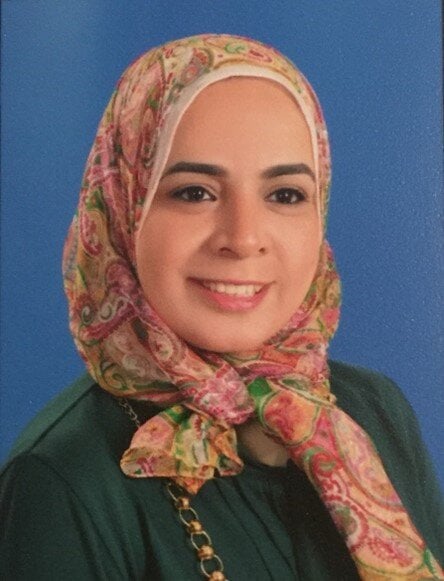
Wesam Mansour is a post-doctoral research associate in LSTM. Her research focuses on the health workforce and health systems strengthening in fragile contexts in Africa and Asia, using qualitative and participatory action research approaches. Wesam is co-chairing the Gender, Equity and Justice Working Group of ReBUILD for Resilience, where she developed research expertise in those concepts and how to apply them to develop gender-equitable, resilient and inclusive health systems.
Dr Rosalind McCollum
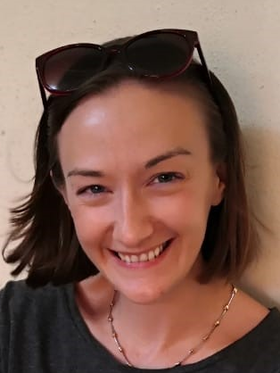
Rosalind McCollum is a health systems researcher, with a special interest in community engagement and community health. She has experience with qualitative and participatory research methods to support health equity and health systems strengthening. Originally trained as a medical doctor with experience responding to humanitarian crises and a PhD in International Public Health. She has over 18 years of health-related experience supporting health programmes in Africa and Middle East regions.
Dr Kerry Millington
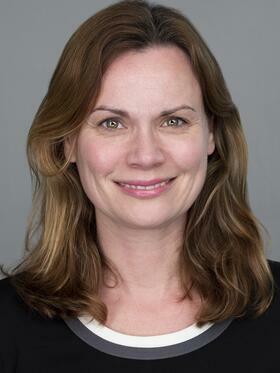
Kerry, Director at LSTM's Centre for TB Research, focuses on maximizing the impact of research from the LIGHT research program consortium, funded by UK aid. Led by LSTM, the consortium collaborates with partners in Kenya, Uganda, Malawi, and Nigeria to transform gendered pathways to health for tuberculosis. Additionally, Kerry contributes to the Knowledge, Evidence, and Learning for Development (K4D) program, funded by UK aid, supporting the use of learning and evidence to enhance the impact of development policies and programs.
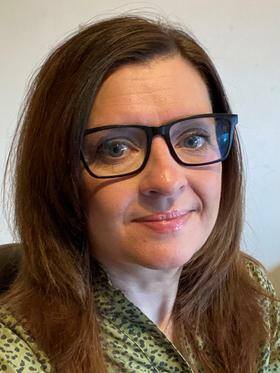
Tracey Mills is a midwife and Reader in Maternal and Newborn Health at Liverpool School of Tropical Medicine with a strong reputation in applied health research tackling challenges in access, quality and equity in pregnancy and childbirth care using a range of methodologies. Her recent focus has been in global health programmes for prevention of stillbirth and neonatal death and promoting respectful maternity and newborn care, including after the death of a baby.
Dr Catrin Moore
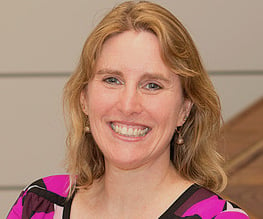
Dr Moore is based at St George’s, University of London co-leading the Antimicrobial use, Prescribing, and Consumption Data to Inform Country Antibiotic Guidance and Local Action (ADILA) project with Prof Mike Sharland. Dr Moore has built laboratory and research capacity in microbiology and global health for over twenty-five years and now leads the Fleming Fund Fellows mentorship programme in Eswatini and is a member of the Asia and Africa regional grants. Dr Moore previously led a research group in Oxford estimating the global burden of Antimicrobial Resistance, in collaboration with the Institute for Health Metrics and Evaluation, published January 2022. She works in a multi-disciplinary team and has an interest in drug-resistant infections, with a particular focus on data and interventions to reduce the burden of antibiotic resistance.
Dr Ben Morton
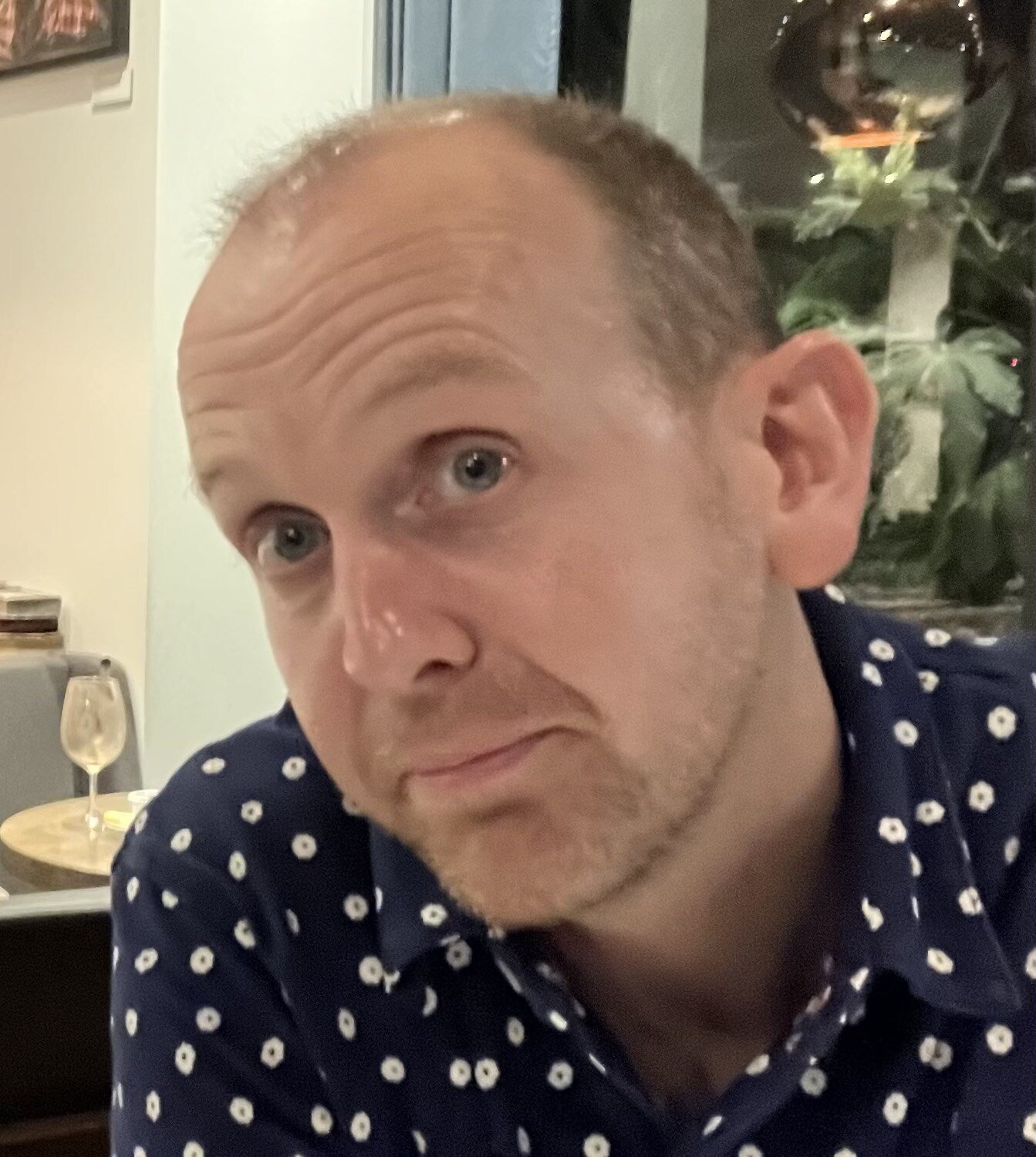
Ben is a senior clinical lecturer expert in the design and delivery of controlled human infection model (CHIM) studies. He has worked as the clinical lead for the Wellcome-funded MARVELS programme, successfully transferring a pneumococcal CHIM from Liverpool, UK to Blantyre, Malawi. He delivered a PCV13 efficacy trial that demonstrated key differences in vaccine efficacy between UK and Malawi populations.
Patrick Musicha
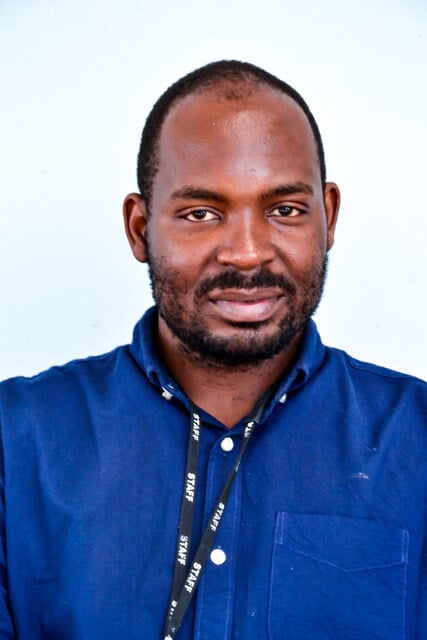
Patrick is a Wellcome Fellow and Lecturer (Career Track) at Liverpool School of Tropical Medicine (LSTM) and Malawi-Liverpool-Wellcome Programme (MLW). He obtained his PhD in bacterial genomics at the University of Liverpool. This was followed by postdoctoral fellowships at the Mahidol-Oxford Research Unit in Thailand with the University of Oxford (Ben Cooper group) and the Wellcome Sanger Institute (Nick Thomson group). At MLW, Patrick is an Associate Group Head and leads a programme on pathogen and antimicrobial resistance (AMR) dynamics.
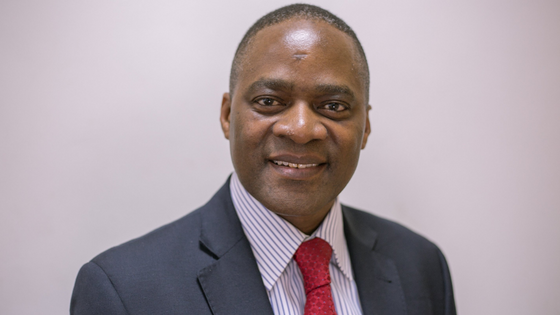
Henry Mwandumba is Director of the Malawi Liverpool Wellcome Research Programme in Blantyre, Malawi and Professor of Immunology and Infectious Diseases at the Liverpool School of Tropical Medicine. His research focuses on understanding the immunopathogenesis of HIV-associated respiratory infections, particularly pulmonary tuberculosis (TB). Henry is Immediate Past-President of the Federation of African Immunological Societies and Immediate Past-Treasurer of the East, Central and Southern Africa College of Physicians.
Dr Jacinta Nzinga

Jacinta joined LSTM in June 2024. She previously worked with the KEMRI-Wellcome Trust Research Programme and the African Health Observatory Platform on Health Systems and Policy. She is an adjunct faculty at Pwani University and Strathmore University, Kenya, and a visiting lecturer at Oxford University.
Professor Tony Nolan
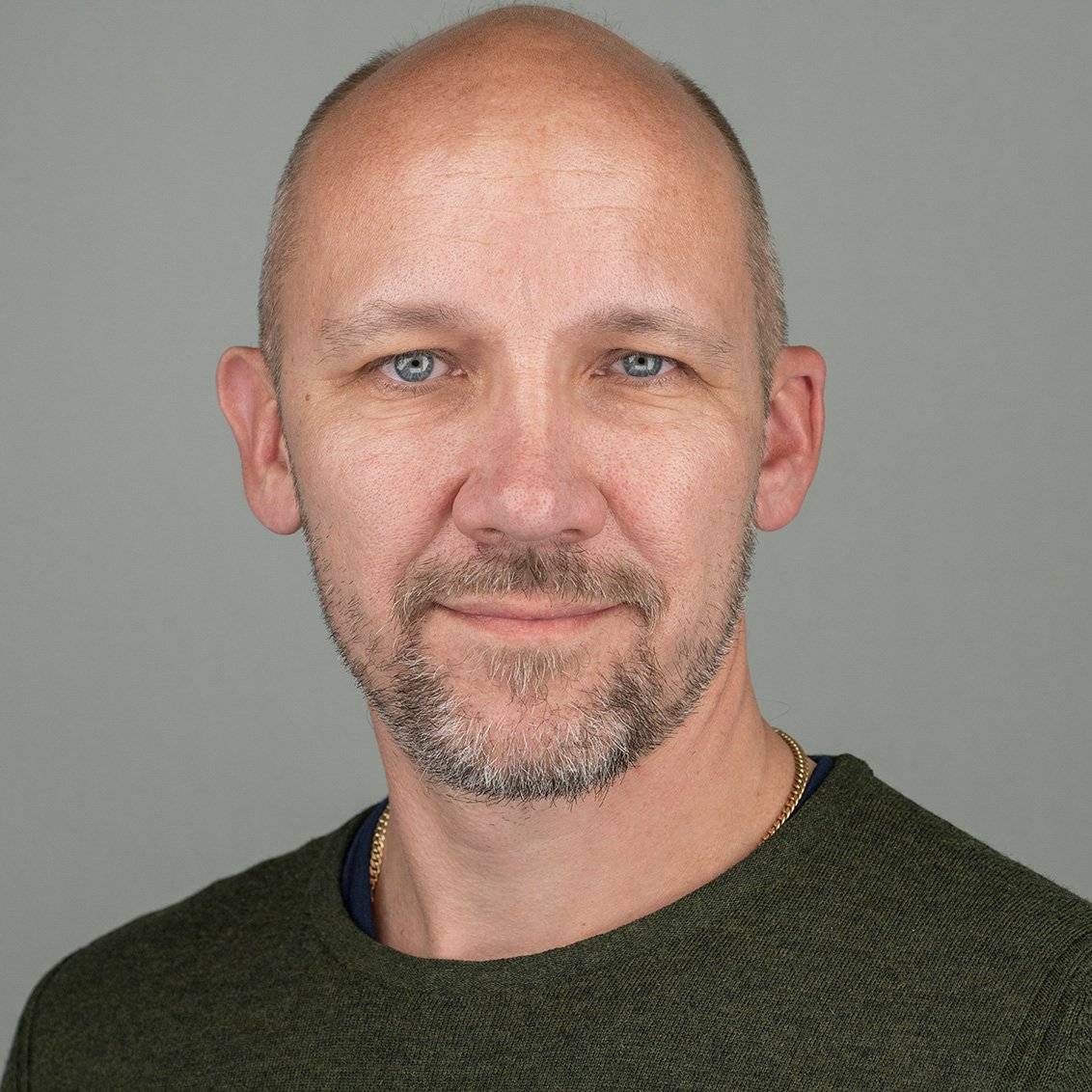
Professor Tony Nolan runs the functional genetics laboratory at LSTM. He developed the first transgenic technology for Anopheles mosquitoes and since then has pioneered the development of a new form of genetic control – ‘gene drive’ – that has the power to rapidly transform mosquito populations in ways that block malaria transmission.
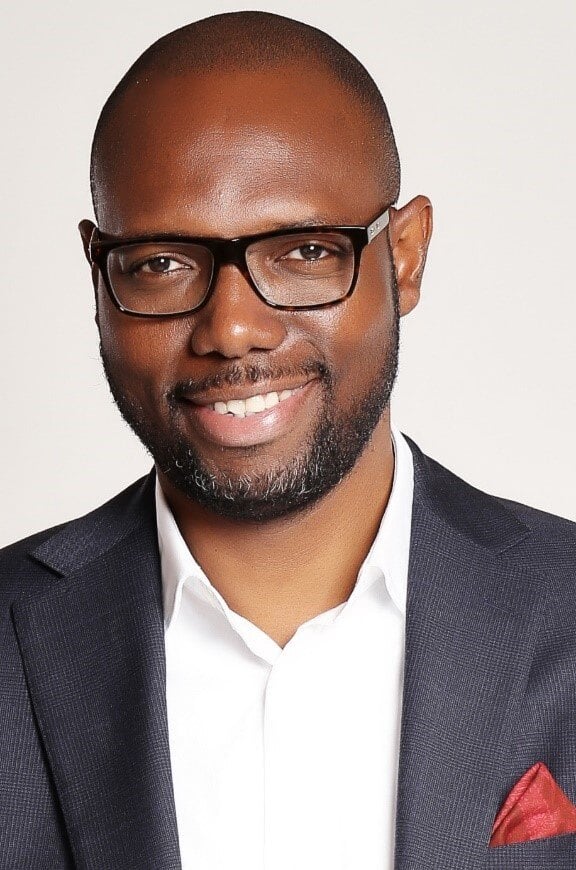
Dr Olufemi Oladapo is the Head of Maternal and Perinatal Health Unit at the Department of Sexual and Reproductive Health and Research, World Health Organization, Geneva, Switzerland. He qualified as an obstetrician-gynaecologist in Nigeria, and holds a postgraduate degree in public health and the Fellowships of the West African College of Surgeons and International College of Surgeons.
Dr Lilian Otiso
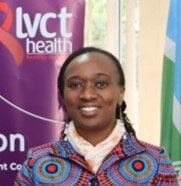
Lilian Otiso is the Executive Director of LVCT Health, a large Kenyan NGO that delivers HIV, sexual reproductive health, gender-based violence, maternal and child health mental health and community health programs and research targeting vulnerable populations in Kenya and the region. Lilian is a medical doctor with an MBA in Health Care Management with 17 years’ research and programming experience in government and NGO sectors at senior management level.
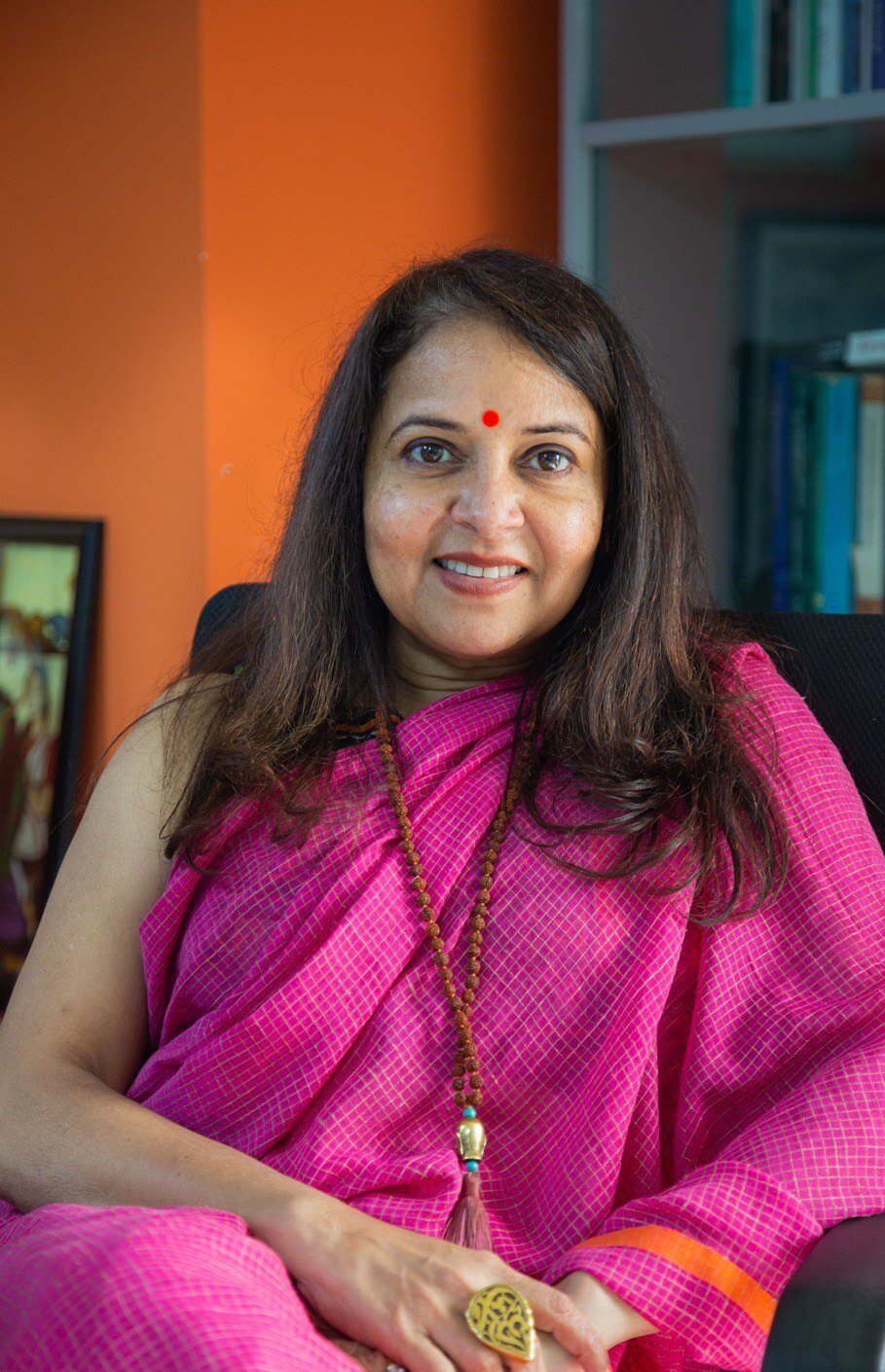
Sabina Faiz Rashid, PhD, currently holds the position of Professor in the Mushtaque Chowdhury Chair in Health and Poverty, at the BRAC James P Grant School of Public Health, Brac University. She was former Dean (2013-2023). She has over 25 years of experience in ethnographic research, and her interests are on the intersections between poverty, gender and health, which significantly compromise the lives and health of disadvantaged communities in Bangladesh.
Dr Joanna Raven
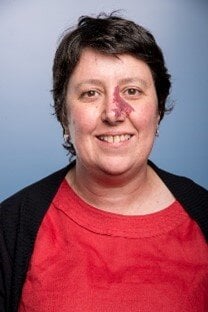
Dr Joanna Raven, co- director of the Institute for Resilient Health Systems, reader in health systems research and Deputy Head of Department of International Public Health at LSTM. Jo has over 25 years’ experience of research, training and partnerships in Africa and Asia. Her research has focused on fragile and conflict-affected settings and resource poor settings in the areas of: health systems, health workforce, strengthening district-level health management, maternal health, gender equity and scaling-up complex health system interventions.
Dr Adam Roberts
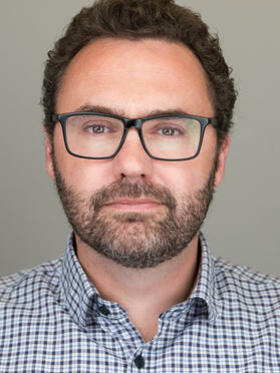
Dr Adam Roberts and his research group investigate various aspects of antimicrobial resistance (AMR) ranging from the evolution, selection and persistence of AMR genes and associated mobile genetic elements, surveillance of AMR bacteria in different environments within different countries and early-stage antimicrobial discovery.
Duncan Shikuku
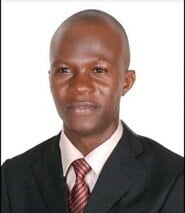
Duncan is currently working as a Technical Specialist, Midwifery with UNFPA, New York (USA). Duncan is a Midwifery and Women's Health Specialist and Associate Fellow of the Higher Education Academy (United Kingdom). He has a Bachelor of Science in Nursing (Moi University – Kenya), Masters in Midwifery and Women’s Health (Makerere University – Uganda) and is a PhD candidate in Global Health at Liverpool School of Tropical Medicine, United Kingdom. His research focuses on “Improving the quality of pre-service midwifery education in low- and middle-income countries.”
Euphemia Sibanda
.jpg)
Euphemia is an epidemiologist leading a portfolio of implementation research studies in HIV and sexual and reproductive health (SRH) in Zimbabwe. She has been at the forefront of evaluating self-care interventions for HIV and SRH, starting with HIV self-testing as part of the STAR consortium, followed by peer-led and mHealth interventions for HIV pre- and post-exposure prophylaxis among different population groups including men, young people and sex workers. Euphemia is the Deputy Executive Director (Science) at CeSHHAR Zimbabwe and a Reader in Global Health and Epidemiology at LSTM. She an NIHR Global Research Professor.
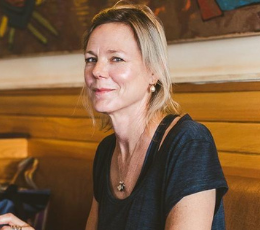
Sarah is a clinical epidemiologist with specialist training in infectious disease and global health, and nearly 25 years of international experience researching malaria in East Africa. She is currently a Professor of Malaria & Global Health at the Liverpool School of Tropical Medicine (LSTM), based in Kisumu, Kenya with the KEMRI Centre for Global Health Research after working at the London School of Hygiene & Tropical Medicine (LSHTM), based in Uganda, she remains an Honorary Professor with LSHTM.
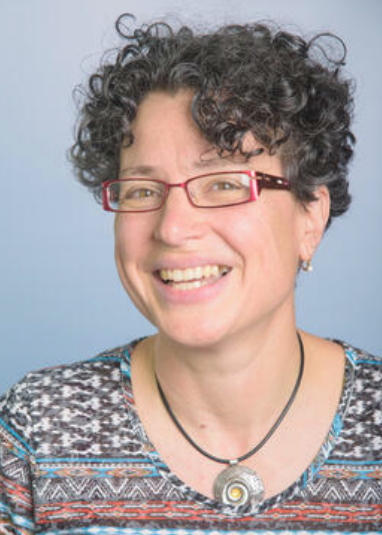
Professor Miriam Taegtmeyer is Head of Department of Clinical Sciences and co-Director of the Institute of Resilient Health Systems. Her research focuses on the interface between the community and the formal health system, where resilience is fostered. She has supported the development of successful community-led approaches to tackle avoidable and unfair differences in health among some of the most under-served populations globally.
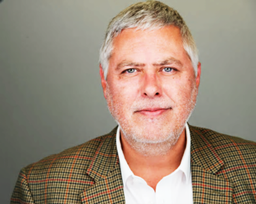
Mark Taylor is Professor of Parasitology, Director of the Centre for Neglected Tropical Diseases and the A-WOL consortium at LSTM, which he joined in 1993. He is a former Head of the Department of Tropical Disease Biology and a former President of the British Society for Parasitology and recipient of the BSP Wright Medal in 2012. In 2023 he was awarded the RSTMH/LSTM Hemingway Award, in recognition of the impact of his translational research. His area of research is the filarial nematode diseases of humans; lymphatic filariasis and onchocerciasis - two of the leading causes of global disability.
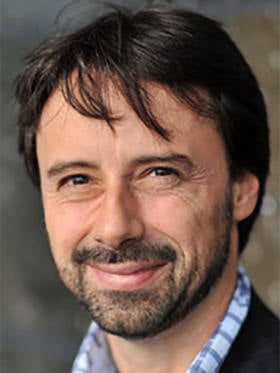
Professor ter Kuile is a clinical epidemiologist who trained in medicine at the Academic Medical Centre of the University of Amsterdam. He previously worked on the Thai-Burmese border (1988-1994), where he was based at the Shoklo Malaria Research Unit as part of collaboration between the University of Oxford, the University of Amsterdam, and the Thai Mahidol University. He joined LSTM as senior clinical lecturer in 2003 and since 2008 is Professor of Tropical Epidemiology, heading the malaria epidemiology section in the department of Clinical Sciences and LSTM’s malaria research collaboration with KEMRI’s Centre for Global Health Research and CDC’s malaria branch in western Kenya
Dr Kyu Kyu Than
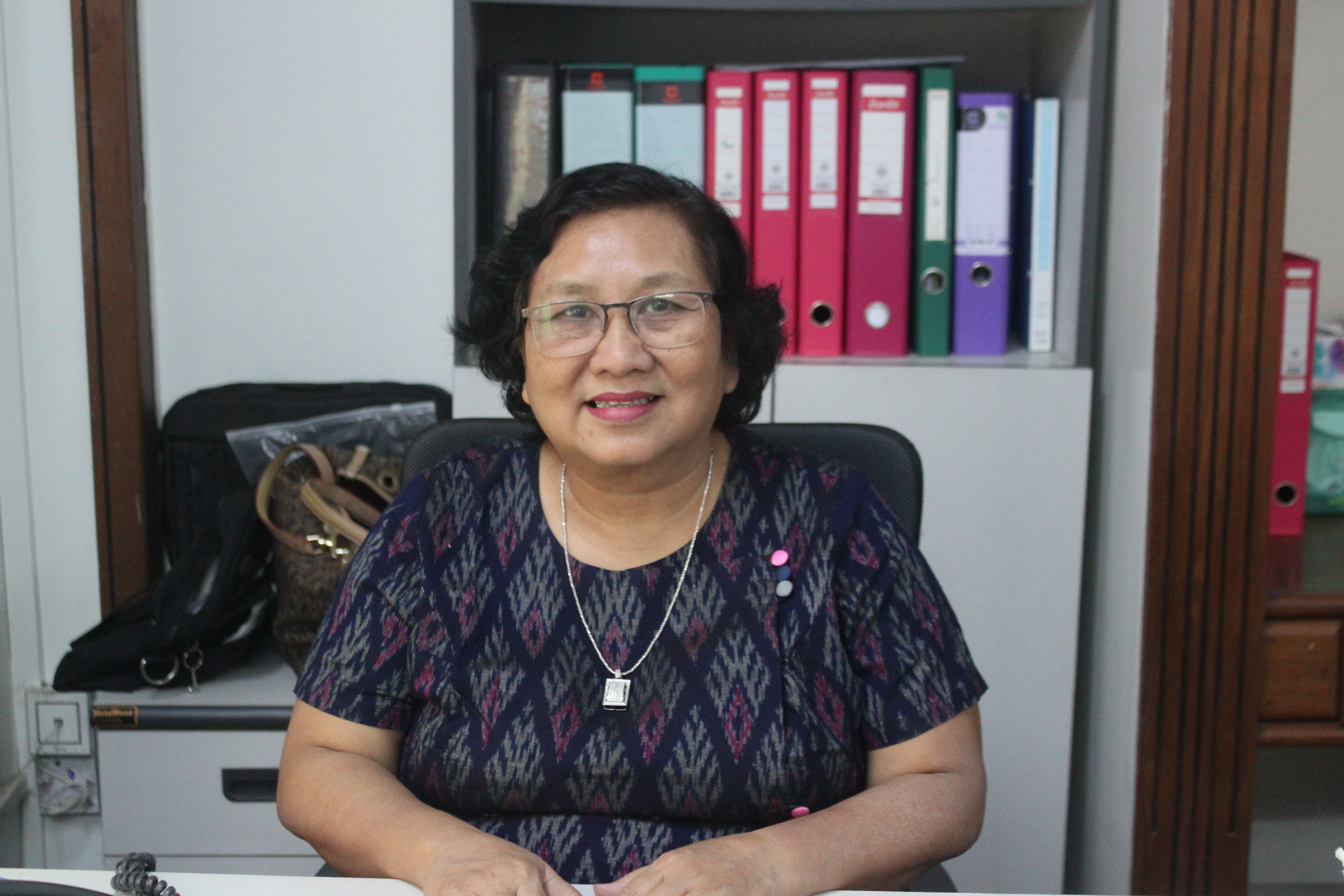
Dr Kyu Kyu Than (PhD, MBBS, MA, Med.Sc) is an eminent public health researcher who has a wide range of experience in health system and policy analysis. She is currently a Research Director at the Burnet Institute and the Principal Investigator for Myanmar on the Rebuild for Resilience Consortium with LSTM and QMU. She has also worked as a consultant for various organizations such as the World Bank, WHO, UNICEF, UNFPA, Save the Children, International Red Cross and 3 MDG fund.
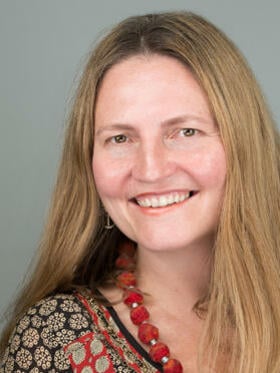
Sally is a social scientist working on the GCRF ARISE hub which focuses on promoting health and well-being in informal urban settlements and also on health systems strengthening, equity, inclusion and Severe stigmatising skin diseases and Neglected Tropical Diseases through the NIHR funded REDRESS programme in Liberia. She is also the part time UKRI/FCDO Women and Girls Empowerment Senior Research Fellow.
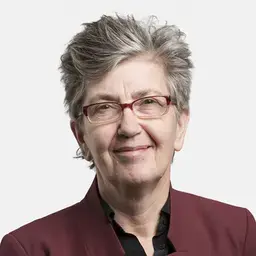
Madeleine has over 25 years of research experience focused on large-scale, climate-sensitive, health interventions in Low- and Middle-income Countries.

Dr. Rachael Thomson leads the LIGHT Consortium, a six-year global health research program funded by UK aid, in collaboration with partners across Kenya, Malawi, Nigeria, Uganda, and the UK. Rachael provides strategic vision and leadership, ensuring prompt delivery of results. She also advises Liberia's ReDress program and supports NTD research at LSTM. Previously, Rachael directed the CouNTDown consortium, championing cost-effective solutions for NTD control.
Dr Rachel Tolhurst
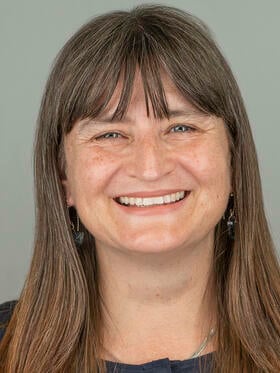
Rachel specialises in equity in urban health and wellbeing research using qualitative and participatory approaches. As co-PI of ARISE (Accountability for health equity in urban informal settlements; 2019-2024) she led a multi-disciplinary, multi-country consortium of research and community development organisations to conduct research and action with and for urban marginalized people. She jointly leads Urban SHADE (Strengthening Health Services Access and Delivery in Extreme weather events; 2024-2026), which aims to improve health services responsiveness to extreme weather events in urban informal settlements through community-based participatory research with communities, health services and other stakeholders in India, Kenya and Sierra Leone.
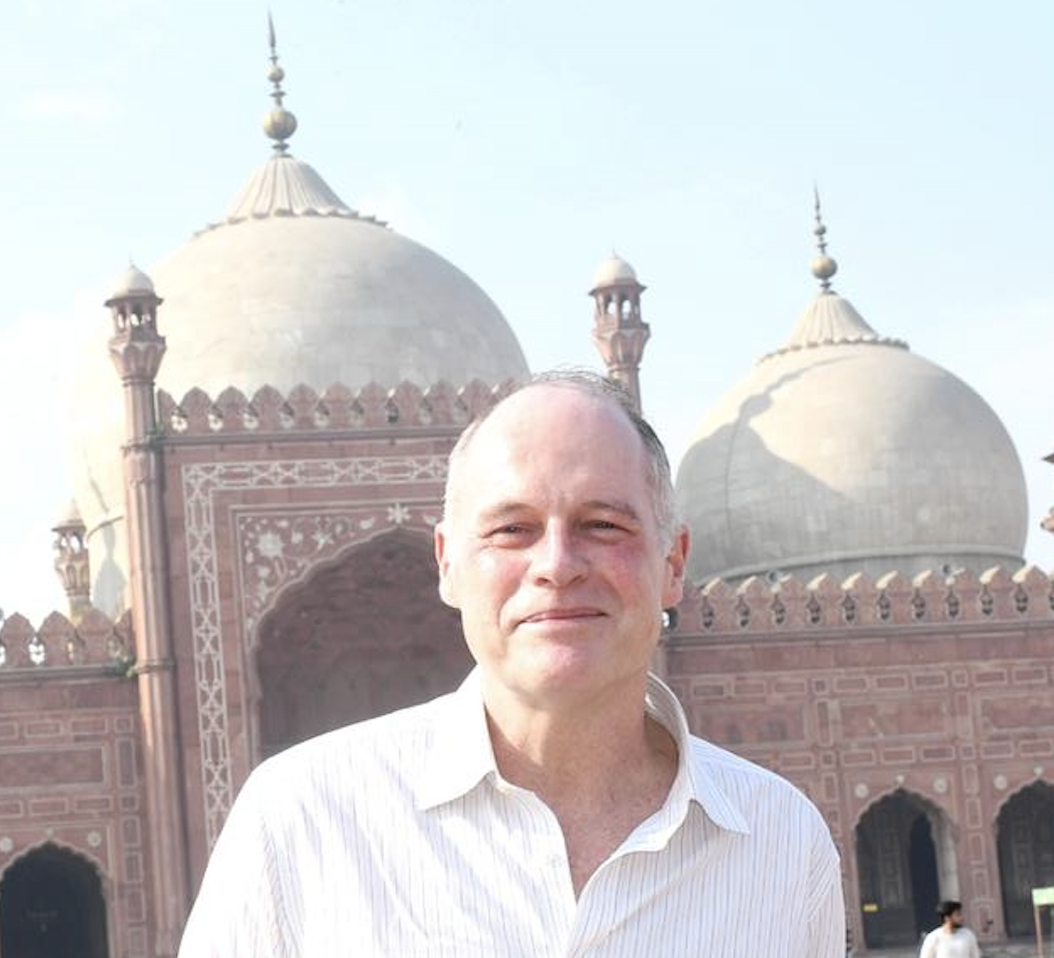
Professor Tim Walsh has been studying antimicrobial resistance (AMR) mechanisms for over 25 years and publishes regularly in Nature and Lancet journals. Notably, in his career he has discovered and named two of the most notorious antibiotic-resistant genes – NDM-1 and MCR-1. His work also helped discover the mobile tigecycline gene (tetX variant). As director of BARNARDS, a Gates Foundation initiative, he leads efforts to understand the neonatal sepsis burden across low- and middle-income countries (LMICs), focusing on sub-Saharan Africa and South Asia.
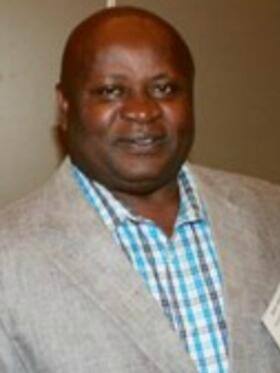
Prof. Wanji teaches Parasitology, Vector Biology and Epidemiology & Control of Infectious at the University of Buea, Cameroon. He is Head of Department for Microbiology and Parasitology at the University of Buea, Cameroon. He is also Executive Director of the Research Foundation in Tropical Diseases and Environment, Buea. He heads the COUNTDOWN programme’s partnership with the University of Buea on the district and community levels
Professor Steve Ward
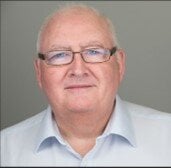
Professor Steve Ward is Walter Myers Professor of Parasitology at Liverpool School of Tropical Medicine. He is Head of Drug Discovery at LSTM, with over thirty years experience during which he has built a portfolio of antimalarial, anti-TB and antihelminthic drug discovery initiatives. Steve has helped deliver two molecules to full international registration, including CoArtem, the most successful antimalaria drug combination in clinical use today, three additional molecules into human trials and four molecules through a completed full preclinical development.

As a physician and NIHR Academic Clinical Lecturer in Infectious Diseases, Tom has navigatedmedical training in Liverpool, subsequently immersing himeslf in infection research across diverse settings—from the UK and sub-Saharan Africa to Latin America and even the muddy fields of Glastonbury and Reading Festivals. Ongoing projects include the assessment of long-term follow-up and acceptability in related studies, contributing to the Community Randomised Evaluation of a Socioeconomic Intervention to Prevent Tuberculosis (CRESIPT) study.
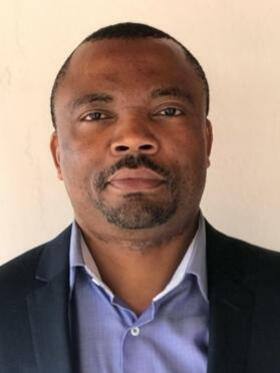
Charles Wondji is a Professor of vector biology and genetics at LSTM (UK) and Wellcome Trust Senior Research Fellow. He is Executive Director of the Centre for Research in Infectious Diseases (CRID, Cameroon). His research aims at using genetic and genomic tools to characterise mosquito populations and help maximise their control. He specially focuses in understanding the genetic basis of insecticide resistance in mosquitoes’ vectors of malaria/arboviruses and designing suitable molecular assays to track resistance in field populations to assess their impact on control interventions and optimize control strategies through modelling.

